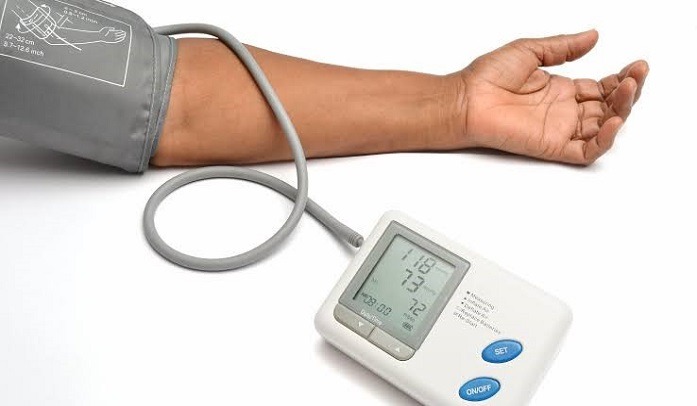KNOWING AND CONTROLLING YOUR BLOOD PRESSURE
Many people have high blood pressure without knowing it. Once you know about your condition, though, you can reduce your risk and live a healthier life. It takes proper treatment and some changes in your lifestyle but it is totally worth it!
What is blood pressure?
Blood pressure is the force of blood pushing against the walls of blood vessels in the body. When blood pressure is measured it is recorded as two numbers, for example, 124/80.
The top number is called systolic pressure. This is the pressure of blood pushing against blood vessels when the heart beats. This number should be around 120.
The bottom number is called diastolic pressure. This is the pressure of blood pushing against blood vessels when the heart is relaxed between beats. This number should be around 80.
The instrument used to measure blood pressure is called a sphygmomanometer
What do the numbers mean?

You have high blood pressure (hypertension) if your top number is constantly bove 140 or your bottom number is always above 90.
What causes Hypertension?
Usually there is no definite cause. However in a small percent of people, kidney disease or abnormal production of hormones from the adrenal glands above the kidney may cause high blood pressure. Occasionally some medicines used to treat ulcers, arthritis or depression may cause a rise in blood pressure. High blood pressure is more common as we get older and it tends to run in families. It is also common in people who are overweight, who drink too much alcohol and in people who take a lot of salt in their diet.
Should you be bothered about your blood pressure?
High blood pressure adds to the workload of the heart and can damage the lining of blood vessels. Then the blood supply to your heart, brain, kidneys, eyes etc. will be put at risk. The risk of heart attack, stroke, kidney disease and eye damage will be higher in somebody with high blood pressure compared to somebody with normal blood pressure.
Risks of high blood pressure
• Heart disease
• Heart failure
• Stroke
• Kidney disease or failure
• Eye problems
How Can I Reduce High Blood Pressure?
By treating high blood pressure, you can help reduce your risk for a stroke, heart attack, heart failure or kidney failure. Here are steps you can take now:
- Eat a heart-healthy diet that is rich in vegetables, fruits, and whole grains and includes low-fat dairy products, poultry, fish, legumes (beans and peas), nontropical vegetable oils and nuts; and limits intake of sodium, sweets, sugar sweetened beverages and red meats. Choose foods rich in potassium.
- Reach and maintain a healthy weight.
- Be more physically active.
- Don’t smoke and also avoid second-hand smoke.
- Limit alcohol intake
- Know what your blood pressure should be and work to keep it at that level.
Remember by controlling high blood pressure
the risk of heart disease and stroke is greatly reduced.

